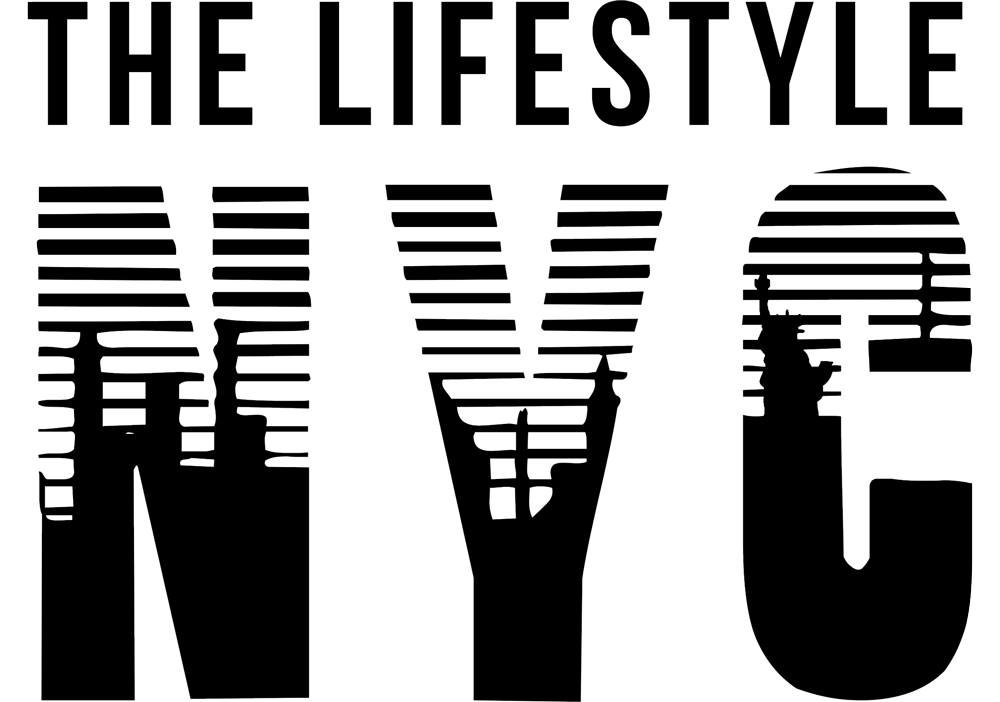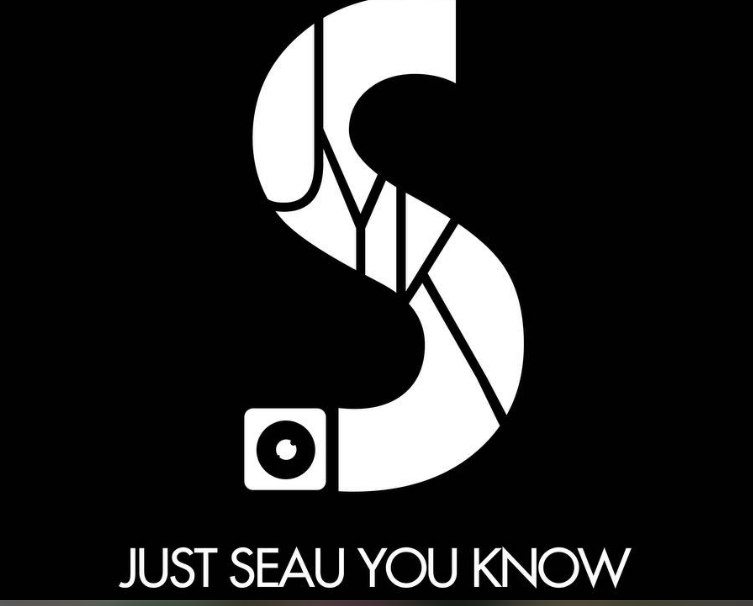Steven Eloiseau Talks “Baby” Beginnings, Life-Long Lessons & The Fight Against Comparison
Steven Eloiseau, from Brooklyn, NY is a editorial, portrait, commercial, and live event photographer. His lens has likely captured a few of your loved ones, some of your favorite celebrities, and highlights from events like All Star Weekend, Curlfest and Afrochella.
When I got the chance to speak with Steven back in February, we had no idea what would be on the other side of the months to follow. We had a candid conversation about his humble beginnings in photography and what it really means to be a photographer and knowing your worth. We also touched base on what we can do when we begin comparing our talents with others. #JustSeauYouKnow, the lifestyle Steven shared with us was the kind that can outlast a 2020 global pandemic and then some. Check it out below:
What lessons does photography teach?
That’s a very good question. The number one lesson it teaches is patience, but it also teaches how to be consistent, and where/how to find your drive. Those are the 3 things you’ll need to do well and see the results you want. It’s not an overnight thing. Patience behind the camera: the light might not be good, the person might not yet feel comfortable, but I wont give up on the idea. Patience in terms of business: you may think you had a great shoot, you may think “I shot this person, now I know I’m going to get that call” but that’s not how it works; there are thousands of other people doing the same thing you’re doing.
Is the photography industry as competitive as fashion and music?
It’s tough as hell. Its oversaturated because people start to take advantage of the fact that they’ve taken a clear picture. No one considers you a music artist if you drop one song, but if one person takes one nice photo, their title has changed to “photographer” and they’re charging rates. It’s a slap in the face to actual photographers because we’re out here trying to learn the game. If you put that same person to go shoot something at night they’ll say “Damn what do I do?” That’s how you can weigh the difference. Those who are photographers know the difference.
So what makes a photographer, a photographer?
You can tell when someone is aiming to shoot something or trying to create some sort of art. It’s not typical – like a Sears family portrait, its like a painting – but digital. Although there’s so much of us, everyone creates their own lane and style, which is the beauty of it. When I look at pictures I’m not looking at clarity. I would look at a picture and know the photographer is an artist because I can feel the picture and see what they’re trying to capture. It may even be a little blurry, but that may have been done on purpose because the photographer wants to capture that specific feeling.
Do photographers need a tagline or watermark to be remembered? Like Getty Photos and your #JustSeauYouKnow?
Everytime I took a good shot, I’d show my friends and say “Just so you know, this flick is fire.” It worked well with my last name and #JustSeauYouKnow stuck. Everyone needs something that people can revert to. Whatever content you tag to your brand is what people see. People are paying attention even if they don’t say it and that’s okay. Your brand is bigger than you. They will recognize you, even if you might think they won’t. This is why the consistency is important. If too many photos look the same, people need to know whose it is.
What software/device/app should all photographers use?
Lightroom is a great place to start. It’s user friendly and the app I use when it’s more about quantity than quality. You can export multiple photos at once and apply preset edits. With Photoshop, its all about quality. You can spend 40 minutes on one photo. For iPhone users, you can actually do a lot with their photo editing capabilities. For photos to feel nostalgic, VSCO works well and it gets work done quickly. Their app has upgraded to editing videos as well.
You’ve shot so many people, Will Smith, Kerby Jean-Raymond, Rick Ross, Burna Boy, Issa Rae; how do they get their photos? Do you ever receive feedback?
What I try to do is show them the picture right then and there, because I don’t know when I’ll see them again. A lot of times, they’re not there by themselves. Everyone’s trying to get the famous person’s attention, but their PR or Assistant is in the cut talking to no one. That’s the person managing emails, holding phones and booking appointments and usually no one’s speaking with them. Pay attention to who they came with, that’s who you need to talk to. Kerby responded to me which is dope, and Rick Ross and Burna Boy gave me feedback in real time. The only person that left me star struck was someone I didn’t shoot. I never thought I was that kind of person until I met Meek Mill. The day we met was the day I shot Young Thug, and all of Meek’s charges got dropped. When I saw Meek coming down the hallway, it was the perfect time to shoot, but I didn’t want to look like TMZ - I’m not paparazzi. We had a conversation for a few minutes and I’ll take that over a good shot. I’ll catch him on another day. Meek is on my hit-list, and I want to shoot Rihanna.
What advice do you have for creatives when negotiating your worth? A few of your taglines include Fossil and Vogue, how do you gauge when the price goes up?
Don’t downplay yourself. I took that L in the beginning. I used to be so grateful for opportunity that I was pitching low numbers but that’s because I didn’t have the education. I used to think “This is a good opportunity, let me not give them a high number because I don’t want them to say no. Let me be nice.” After getting to know the game, you cant do that. You have to know yourself and believe in yourself because people will take you as seriously as you take yourself. If you’re out here low-balling yourself, [clients] might say no to you for the risk of producing cheap work for a cheap rate. Creating a rate sheet is important. Its okay to ask, “what’s your budget?” because it gives you a range of what they’re willing to spend. If you like their number and you factor in equipment rental and transportation, you’re able to negotiate and pitch another number. If they know you are credible for your work, why not give you what you’re asking for? Closed mouths don’t get fed. Its up to you to know your worth and ask for what you want.
On a rate sheet, you want to have a range. After working with specific clients, your rate has to go up, but you have to also service your clients. If you are adding another accredited brand to your portfolio, you might have to wait for a cycle or quarter to finish to be fair to your existing clients and future clients. But the price has to go up.
Can you remember your first gig?
I remember it very vividly. I have always loved nature so when I first started out, that’s what I mainly took pictures of. A friend of mine said to me “These pictures are nice but these trees aint gonna pay you shit!” They were having a baby shower and asked if I wanted to shoot for practice and I did. I didn’t have the equipment I know how to use now, but I was knowledgeable enough. From there I looked into shooting more people. After that, I knew I could take this more seriously.
Since the baby shower, what skills have been strengthened the most?
One specific skill that I work on for every single shoot is capturing the moment. I don’t like to post posed pictures. I feel like its fake or I’m asking you to do something you don’t want to do. I can look back at every single photo I’ve taken and tell you what the person was thinking, saying or laughing about. It tells a better story. Whereas other photos that I have to direct (ie. point “say cheese”) feel boring.
How do you keep from comparing yourself from others?
I used to compare my work to others. It can take you to a dark place. I really had to self-reflect and ask what I want for me. You have to get in tune with yourself. Ask questions like “do I want this?” “am I passionate about this?” “am I willing to die for this?” “am I willing to put my all into this?” If the answer is yes, why am I worried about the next man? I’m a fan of a lot of photographers’ work, if anything I use that energy to be positive and get motivated. There’s enough for everyone. Theres too much for everyone. What I also learned is being okay with asking questions. Being self-taught, I thought I could figure everything out. But once you begin to ask, you’ll get a few “no’s” but be thankful for the “yes’. Someone always knows someone, you never know what opportunities lie ahead.

